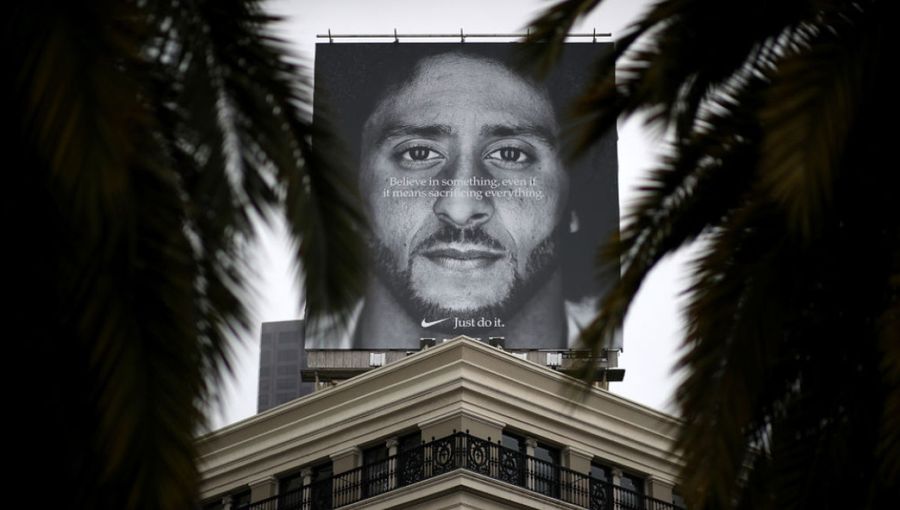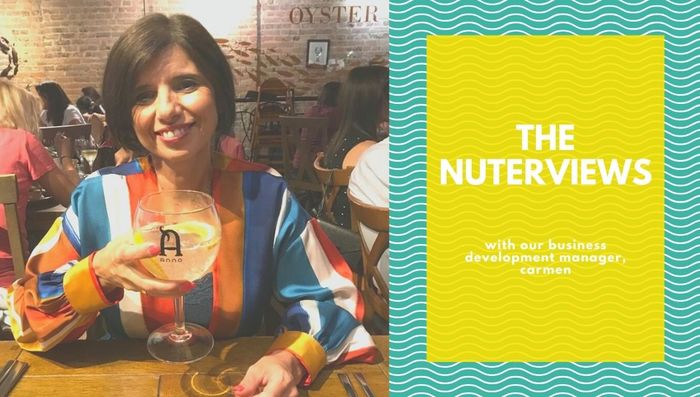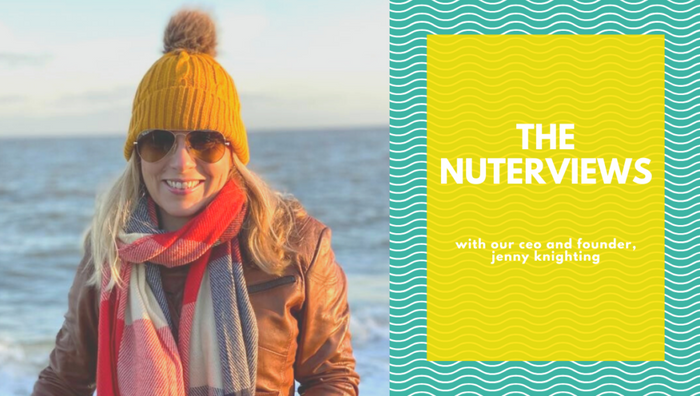News, Views & Opinions
The Rise of Woke Advertising
We’ve all seen those ads, the ones that capture our attention for all the wrong reasons, make us sit back and think – what the hell were they thinking?
Following harsh criticism on social media, Burger King was recently forced to remove a culturally insensitive ad that showed people trying to eat burgers with oversized red chopsticks.
With pundits branding 2019 as the year of Woke Advertising, is it time for brands to start thinking more consciously about how they advertise their products?
Woke Advertising… what’s that?
For those of you who have never heard of the word, Woke, it is a slang term that refers to the awareness of current social, cultural and political issues.
Popularised by the 2016 Childish Gambino song Redbone, the word has become commonplace and was recently added to the Oxford English Dictionary.
What does Woke Advertising mean in marketing terms?
Well, being perceived as Woke in the marketplace is fast becoming the new financial capital that everybody wants a piece of.
In simpler terms, Woke Advertising, if done correctly (Burger King, take note) is good for business.
For instance, Nike’s 2018 Colin Kaepernick: Believe in Something campaign, which despite receiving some backlash, reportedly generated £4 billion in sales, with online revenue increasing by 31%.
In recent years, sportsman Colin Kaepernick has become one of the leading figures against police brutality and struck a chord with Gen-Z consumers, who are said to be much more passionate about brand activism.
A recent study shows that 53% of young people would consider purchasing a product to show support for the issues the brand is advocating.
What happens when Woke Advertising goes wrong?
As a relatively new phenomenon, driven by the rise of social media, Woke Advertising is not clear cut, and can backfire. Much like the Pepsi ad with Kendall Jenner.
In a desperate attempt to look ‘cool’ and capitalise off the #BlackLivesMatter movement, the ad showed Kendall stopping a protest by handing a police officer a Pepsi.
Social media instantly responded to the ad with snarky memes, debunking Pepsi’s implied message that centuries of socioeconomic conflict, racial tension and gender inequality could be miraculously erased by handing a police officer a Pepsi.
Who else remembers when Marks & Spencer sparked controversy by launching an LGBT sandwich to celebrate gay Pride?
The twist on the traditional BLT comes in rainbow packaging and adds guacamole to complete the LGBT acronym.
Despite some applauding M&S for their allyship, many critics, including some LGBT supporters, say the company missed the mark and branded the sandwich as condensing.
With that said, consumers demand for brands to take an active stance against issues that are in the current zeitgeist.
While ‘Woke Advertising’ does run the risk of alienating audiences, today’s consumers want a more personal connection with the brands they give their money to.
Earlier this year, Gillette’s ad about toxic masculinity did just that, sparking important conversations around what it means to be a man in 2019.
Why does woke advertising matter for B2B brands?
Before you dismiss this as just relating to the B2C market, Woke Advertising does also relate to the B2B industry.
Why? Because businesses are still selling to humans. Increasingly, we are seeing that businesses across all sectors and industries are having to publicly show they care about contemporary issues in the workplace.
Whether it’s making sure the workforce reflects our cultural diversity or the Trade Skills 4U Campaign, which was aimed at increasing the number of women entering electrical trade, showing that you have awareness of contemporary issues and acting to address it can only be good for business.
Whilst you might still be weary of Woke Advertising, evidence shows that it does help to generate more brand awareness and, if thought out properly, can help to drive your bottom line.
Give Nutcracker a call on 0203 941 0305, today.
Share this:





